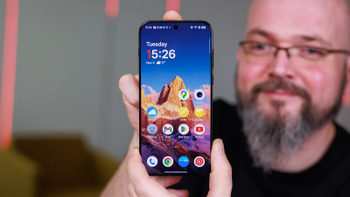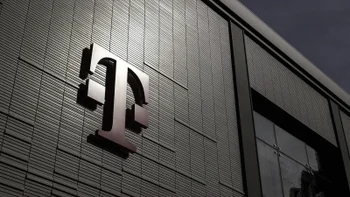FCC Chairman Wheeler’s response to Verizon’s rationale on throttling: “All the kids do it” is not an excuse

It is hardly an official regulatory action, but it does not help the PR campaign either. We can see our mother’s waving finger from childhood, “If all the kids were going to jump off a bridge would you do it too?”
As you know, Verizon announced that beginning this fall, it would expand its “network optimization” policies to those who have legacy unlimited data plans on the LTE network, and also happen to fall into the top 5% of data users during periods of high demand on specific cell sites.
The optimization would slow down the data speeds of those high users during specific periods of high-load on a cell site, and when demand eases, data speeds return to normal. Does that qualify as “throttling” in the commonly used definition in wireless data? Arguably no, particularly when you consider AT&T and T-Mobile’s policies are not so flexible.
Verizon explained that in a response to an inquiry by the FCC about the expanded policy, also pointing out that the original policy was handled with little or no controversy (throttling on its 3G network). Verizon also dismissed concerns over limiting customers’ abilities to access applications and services, stating that customers are free to go where they want on the internet to use apps and services of their choice.
FCC Chairman Tom Wheeler told reporters today that he did not buy that argument and felt there was a “business issue” at work to try and get customers to move to metered data plans. “’All the kids do it’ is something that never worked with me when I was growing up, and it didn’t work for my kids,” according to Wheeler.
Characterizing the issue as a child’s argument is surely not going to endear a productive conversation on the issue. It is no secret that wireless spectrum has limits, and while smart management can abate a lot of those challenges, it is tough to replace the idea that “more is better.” This issue will certainly come up again before and during the 600MHz spectrum auction next year.
Verizon explained that in a response to an inquiry by the FCC about the expanded policy, also pointing out that the original policy was handled with little or no controversy (throttling on its 3G network). Verizon also dismissed concerns over limiting customers’ abilities to access applications and services, stating that customers are free to go where they want on the internet to use apps and services of their choice.
Characterizing the issue as a child’s argument is surely not going to endear a productive conversation on the issue. It is no secret that wireless spectrum has limits, and while smart management can abate a lot of those challenges, it is tough to replace the idea that “more is better.” This issue will certainly come up again before and during the 600MHz spectrum auction next year.
source: The Washington Post
Follow us on Google News










![A new Android bug is making it impossible to install new apps. Are you affected? [UPDATE]](https://m-cdn.phonearena.com/images/article/176703-wide-two_350/A-new-Android-bug-is-making-it-impossible-to-install-new-apps.-Are-you-affected-UPDATE.webp)

Things that are NOT allowed:
To help keep our community safe and free from spam, we apply temporary limits to newly created accounts: